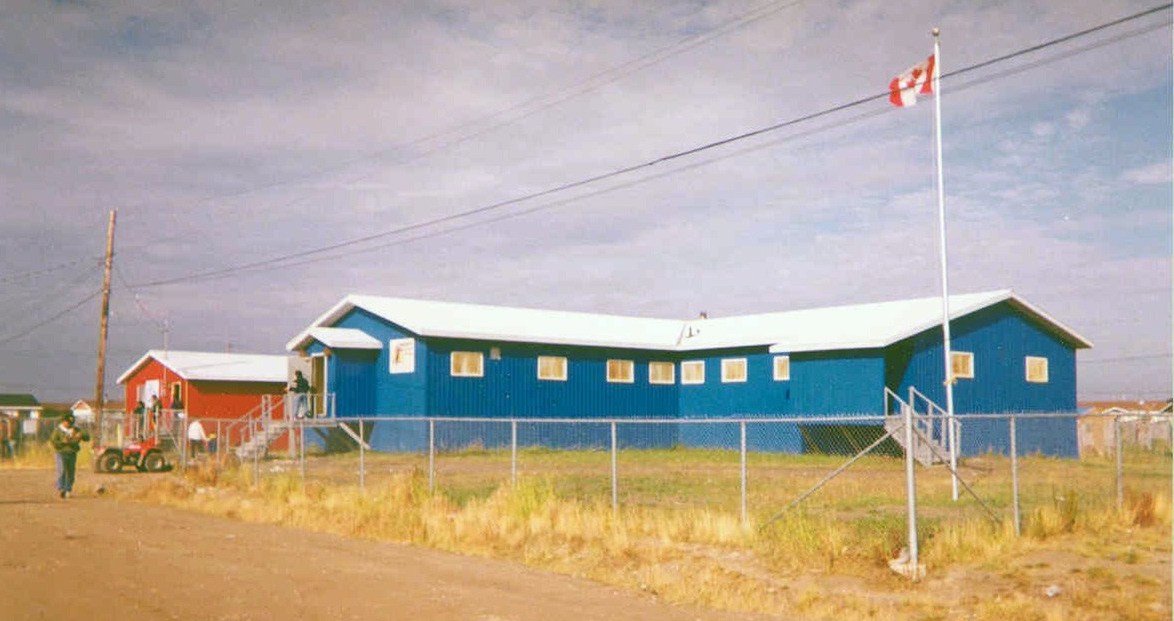
Six First Nations from northern Ontario announced Aug. 12 the initiation of a lawsuit challenging the provincial Mining Act, arguing that the legislation infringes upon their treaty rights and other guarantees under the Canadian Charter of Rights and Freedoms. The central contention is that the Act enables prospectors and mining companies to stake claims on Crown lands, including traditional Indigenous territories, without prior consultation, due to a digital claim-staking process that was introduced in 2018. This mechanism allows claims to be registered online within minutes, without the knowledge of affected First Nations.
The First Nations bringing the challenge are the Apitipi Anicinapek Nation, Aroland First Nation, Attawapiskat First Nation, Fort Albany First Nation, Ginoogaming First Nation, and the Kitchenuhmaykoosib Inninuwug. In the application filed last week all six unanimously calledfor an amendment to the legislation and for all pending claims to be voided.
“The Ontario Mining Act is a piece of racist legislation that bulldozes over First Nations lands and rights,” Chief June Black of the Apitipi Anicinapek First Nation told reporters. “It says to the world that the land in Ontario is free for the taking and drilling and blowing up. These are not your lands to give away, Ontario.”
The legal action comes amid Ontario’s ongoing mining exploration boom, driven by the provincial government’s push to provide critical materials to supply the electric vehicle manufacturing economy, especially lithium in the Ring of Fire region of the James Bay lowlands. Currently, approximately 2,000 active claims have been registered in the Ontario Mining Lands Administration System. Both the Ontario Mining Ministry and Ontario Attorney General have declined to comment on the case.
The lawsuit follows similar legal actions in Canada, including a 2023 landmark decision by the British Columbia Supreme Court, in which the provincial government’s mineral claim system was found to violate Indigenous rights, requiring the government to effectively incorporate Indigenous consultation. Additionally, similar legal action was initiated by Grassy Narrows First Nation this July, seeking a ruling from the Ontario Superior Court of Justice to declare the Mining Act unconstitutional.
From Jurist, Aug. 13. Used with permission.
Note: In a related case concerning Indigenous treaty rights in Ontario, the Supreme Court of Canada found for First Nations last month.
See our last reports on the global struggle for lithium.
Photo: Attawapiskat First Nation Office. Credit: Paul Lantz via Wikipedia




